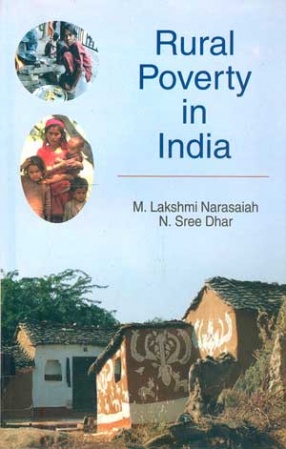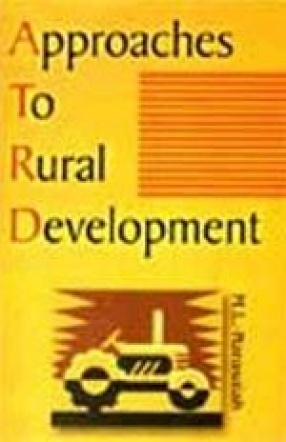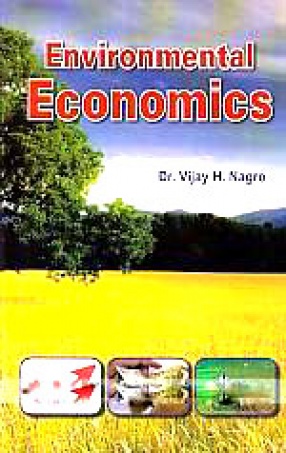No division of democracy–which transcends politics and includes economic, social and cultural life can–really take root if it is a sterile copy that fails to take account of the history and myths, the values and traditions of each people. While these roots are necessary, however, they provide no justification for citing "cultural relativism" as an excuse for violating the basic principles on which the rights of human beings are founded. Respect for "cultural identity" cannot legitimise anti-democratic practices. A second danger arises from the fact that the field in which these rights are elaborated and exercised is all too often limited. The recent commemoration of the universal declaration of human rights was a reminder that human rights comprise not only political and civil rights but also, on exactly the same basis, economic and social rights, such as the right to a job, housing, health and education. One and a half billion people live in dire poverty. Their most fundamental right, the right of life, the bedrock of all other rights, is constantly threatened. So the still unfinished struggle to extend and strengthen human rights includes the duty to promote development. This duty is not only a matter of legal formalism of an ethical imperative. Fundamental freedom will remain very fragile as long as poverty, exclusion and inequalities persist. The forces of globalisation encourages the establishment of the rule of law, but a version of law biased in favour of rules needed for successful business activity. They also do more to sharpen economic and social tensions rather than to reduce them.
Fresh Water Fisheries
$27.00
$30.00








There are no reviews yet.